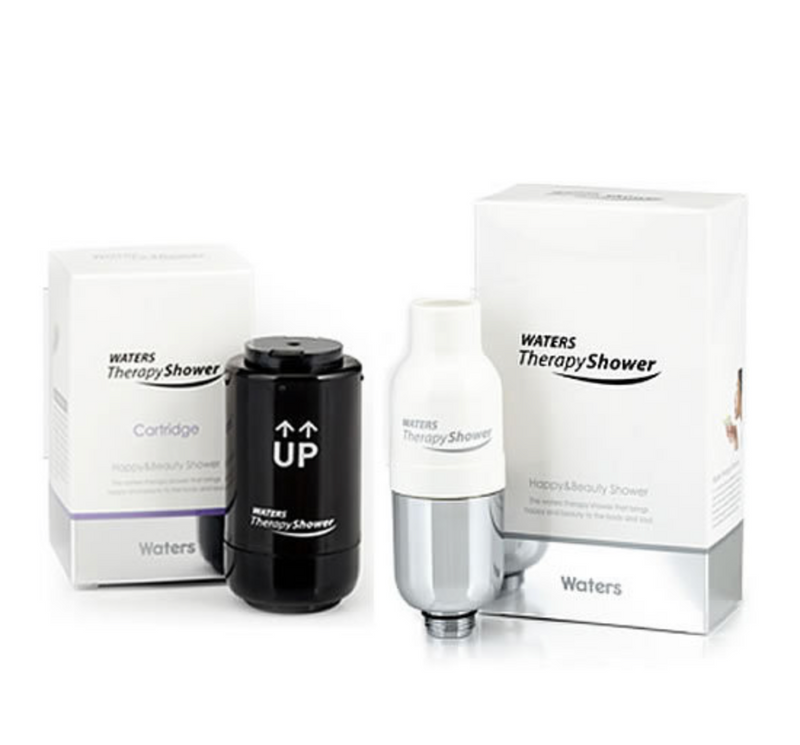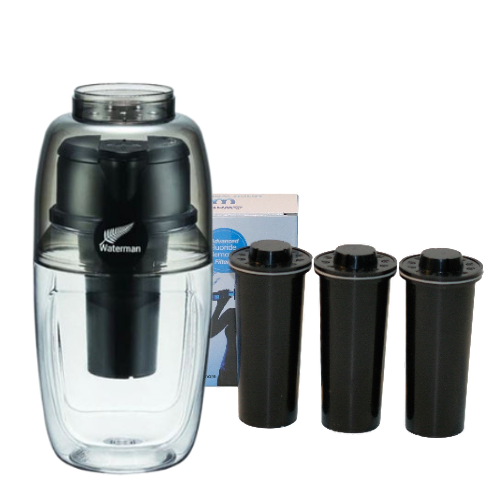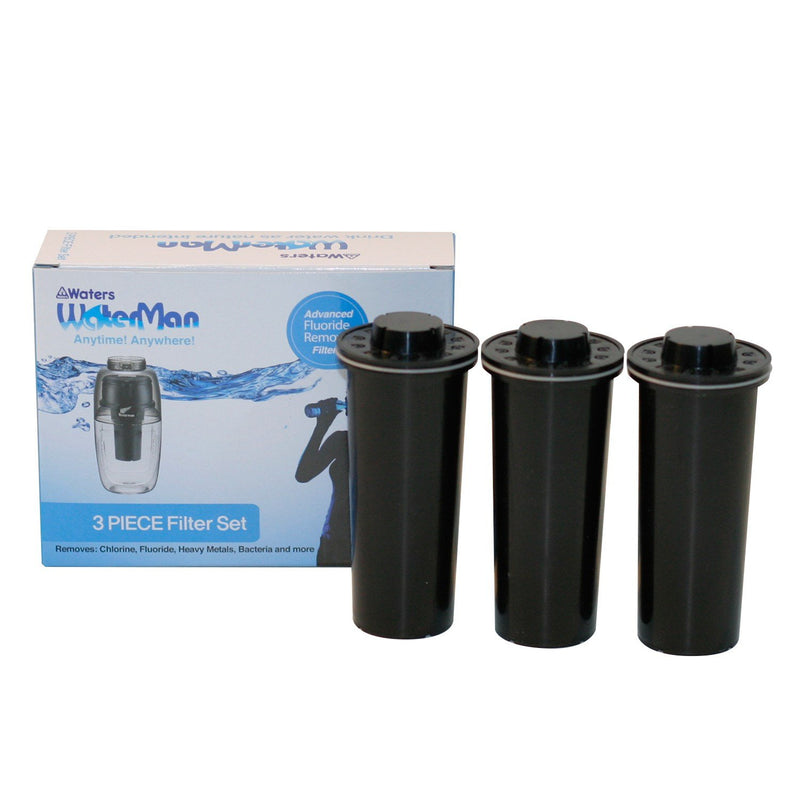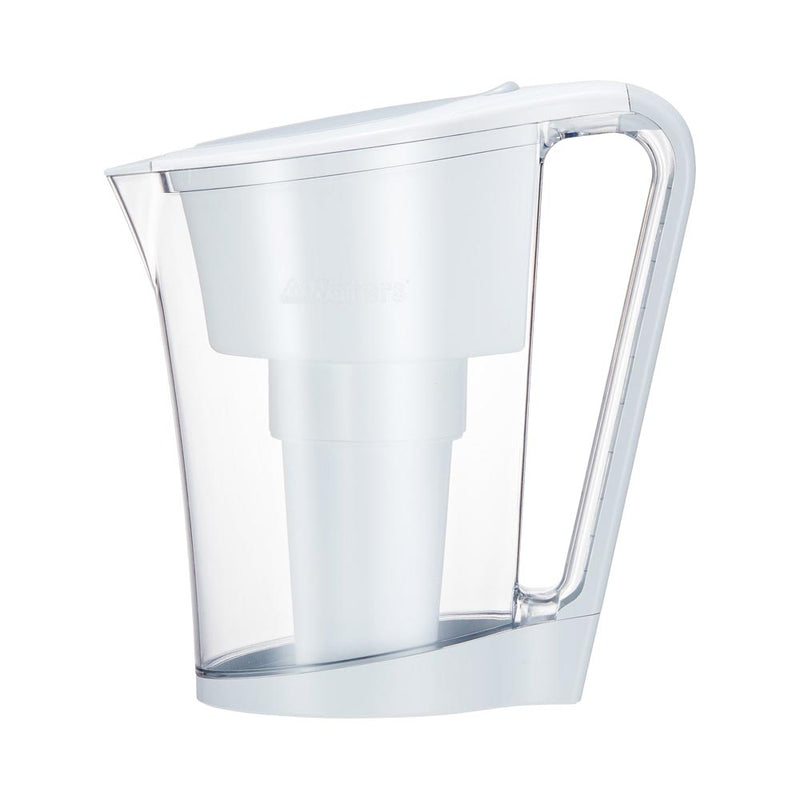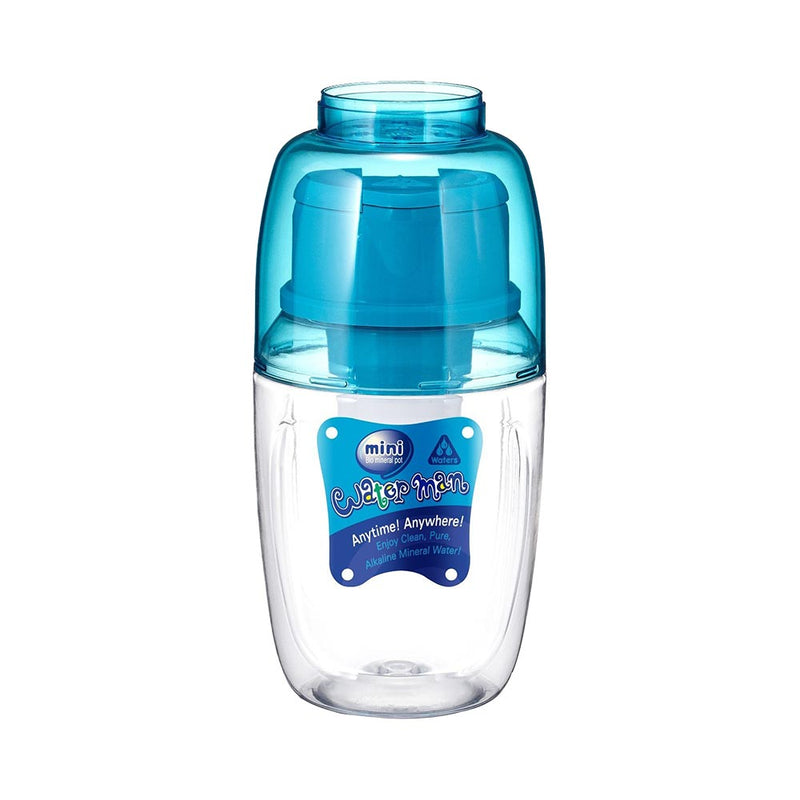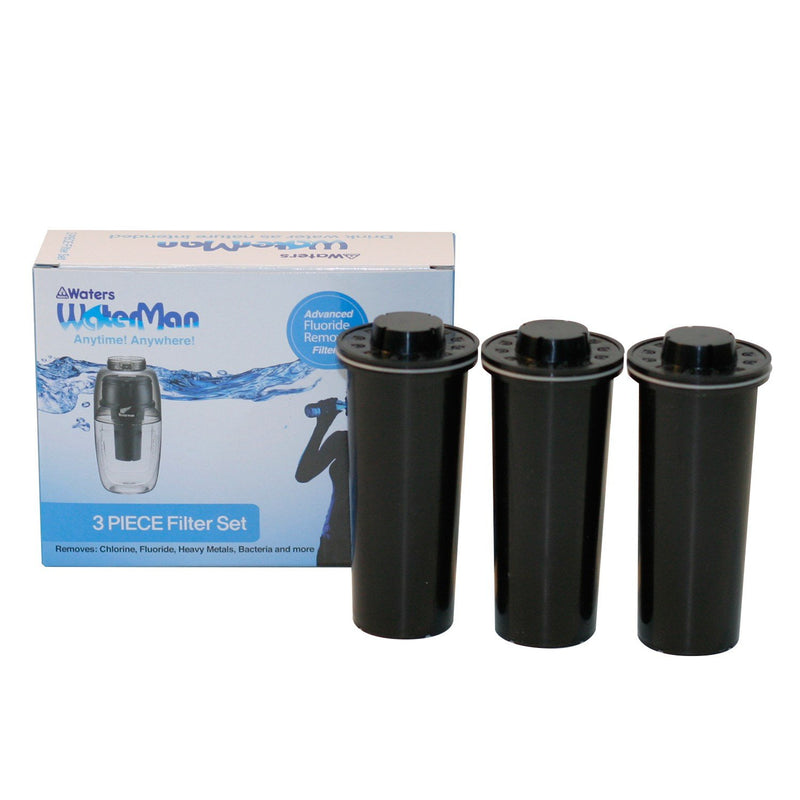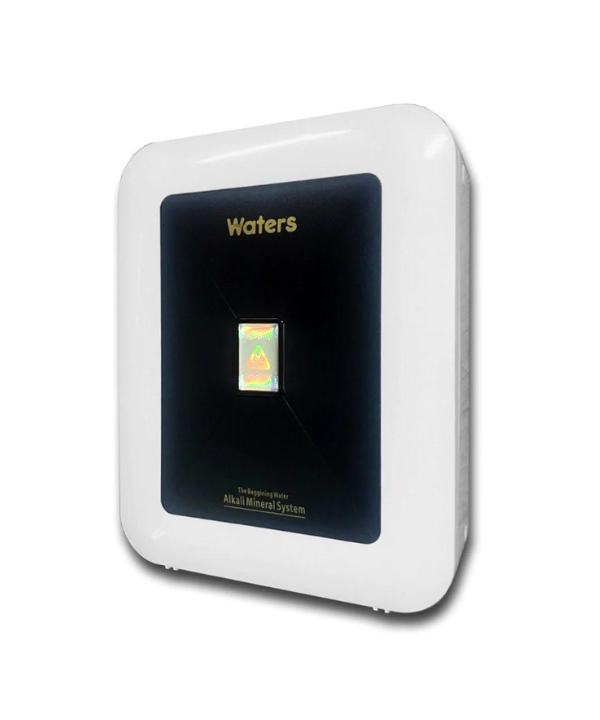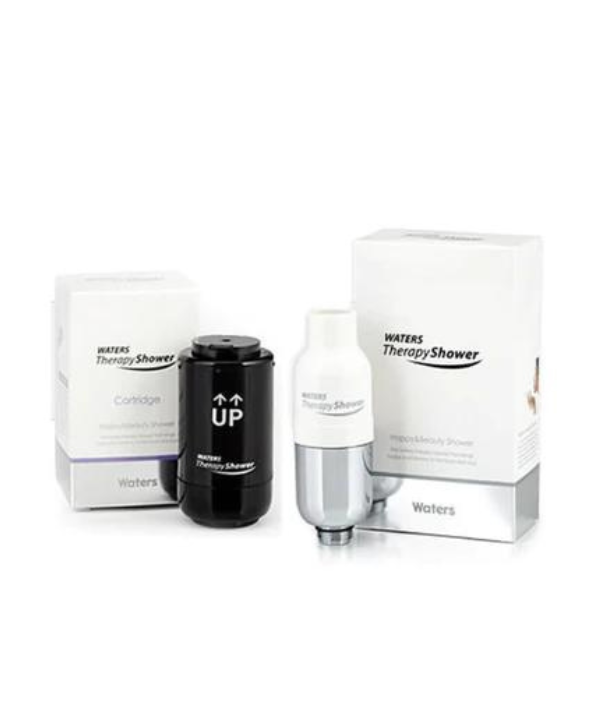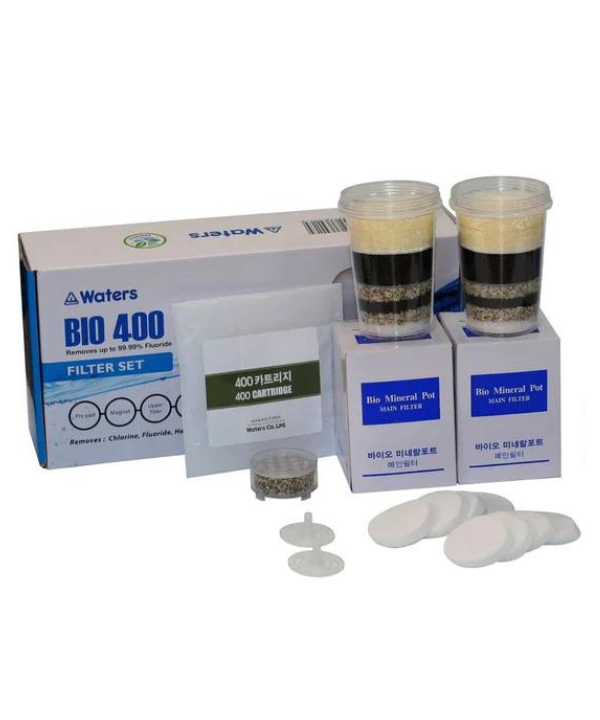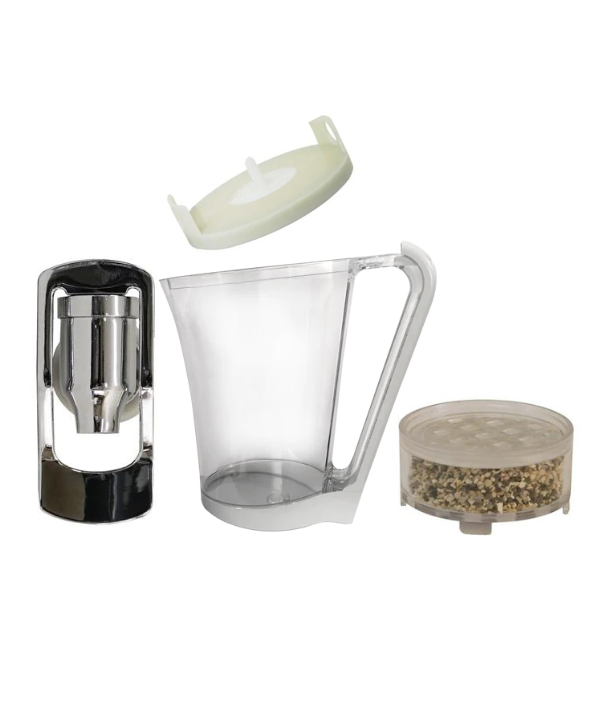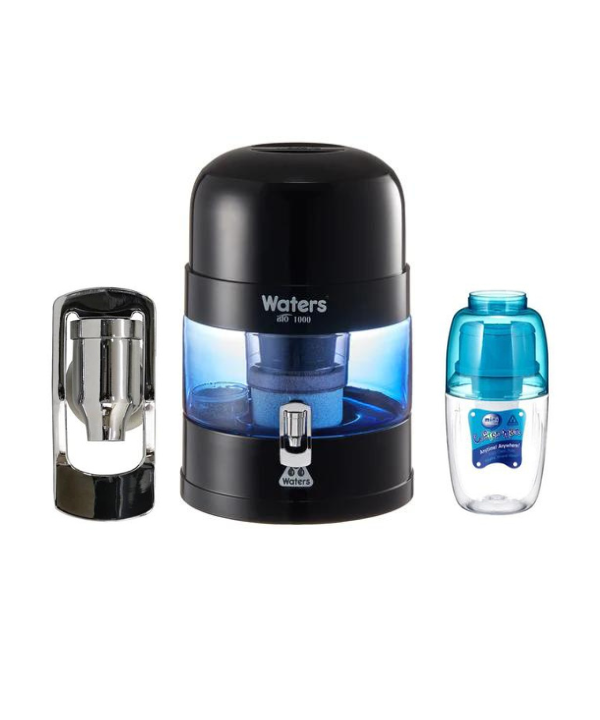Plastic Waste: A Global Problem That Must Be Addressed

In 2016, a report from the Ellen MacArthur Foundation predicted that there will be more plastic than fish in our oceans by 2050. The production of plastic has increased by 20 times since 1964, weighing an estimated 311 million tonnes in 2014. At the current rate, production is expected to quadruple by 2050.
Today, the ocean is filled with roughly 165 million tones of plastic.
More worryingly, Australians individually use 130 kilograms of plastic each year, and 95% of that gets discarded after one use. About 130,000 tonnes of plastic and water pollution will make its way into the country’s waterways and the ocean.
Our plastic problem
In the ocean, plastics endanger marine life. Turtles choke on plastic bags, mistaking them for jellyfish; Australian seabirds get trapped in discarded fishing gear; planktons ingest microplastics.
And we’re hurting ourselves too – microplastics, once ingested by smaller creatures, move up the food chain, and eventually, onto our plates. WWF Australia states that humans, on average, ingest about five grams of plastic each week.
A 2019 study published in Environmental Science and Technology believes that we consume 39,000 to 52,000 microplastic particles each year.
The impact on our health is largely unknown; however, a 2017 study by King's College suggests that the cumulative effect of these microplastics could be toxic, since various kinds of plastic have toxic properties.
Some plastics are made with chemicals like chlorine, while others contain traces of harmful chemicals like lead, which can be picked up in the environment. The buildup of such toxins can affect the immune system over time.
Researchers at Johns Hopkins also studied the effects of consuming seafood that had been contaminated with microplastics and found that these could impact the immune system, as well as upset balance in the gut.
That’s why Waters Co is taking a stand. Clean water shouldn’t be a thing of the past. We believe that water pollution can be addressed by society ridding itself of single-use plastic, particularly plastic bottles.
We can’t leave this task to environmental groups, despite their remarkable efforts to keep our oceans cleans. There is strength in numbers, and the immensity of the problem makes it imperative for everyone to get involved.
This is no small feat. It requires us to re-evaluate our relationship with plastic, as well as realign our behaviors.

Our solution
It all starts with you. The simple act of changing your drinking habits can make a huge difference.
Down under, Roy Morgan Australia discovered that 5.3 million Australians consumed bottled water each week.
Relying less on single-use plastic bottles and including a reusable bottle in your day bag can help reduce waste. Take a reusable drinking bottle everywhere you go to resist the need to purchase bottled water in the shops. Not only is this easy to do, it’s also the more affordable option. By carrying your own water bottle, you won’t ever have to spend money on something you can get at home.
A small change in your personal habits can go a long way in protecting all the people and animals that are negatively affected by plastic waste.
Recycling plastic bottles is another way of helping. There are many companies that collect plastic waste, which they reproduce into a range of products. Be part of the circular economy today. Look up businesses in your area to see which ones reuse and upcycle plastic bottles.
There’s also one more thing you can do – join and support our campaign. We must create awareness around the problem of single-use plastic bottles if we are to overcome it.


